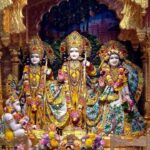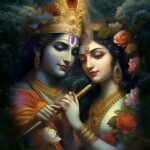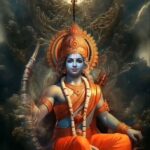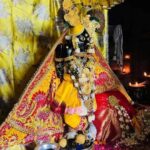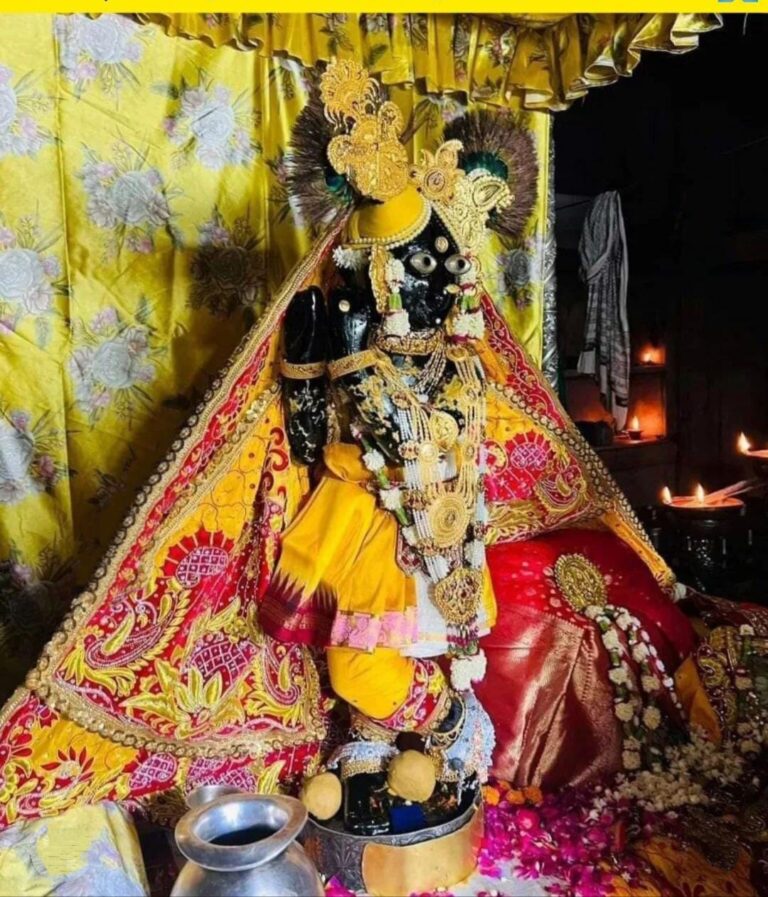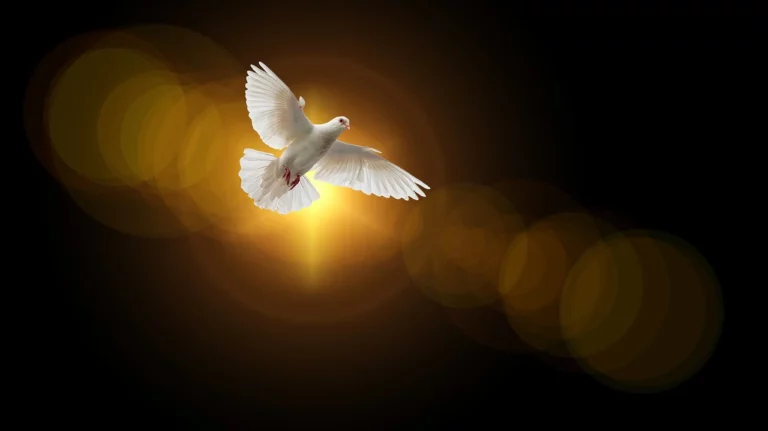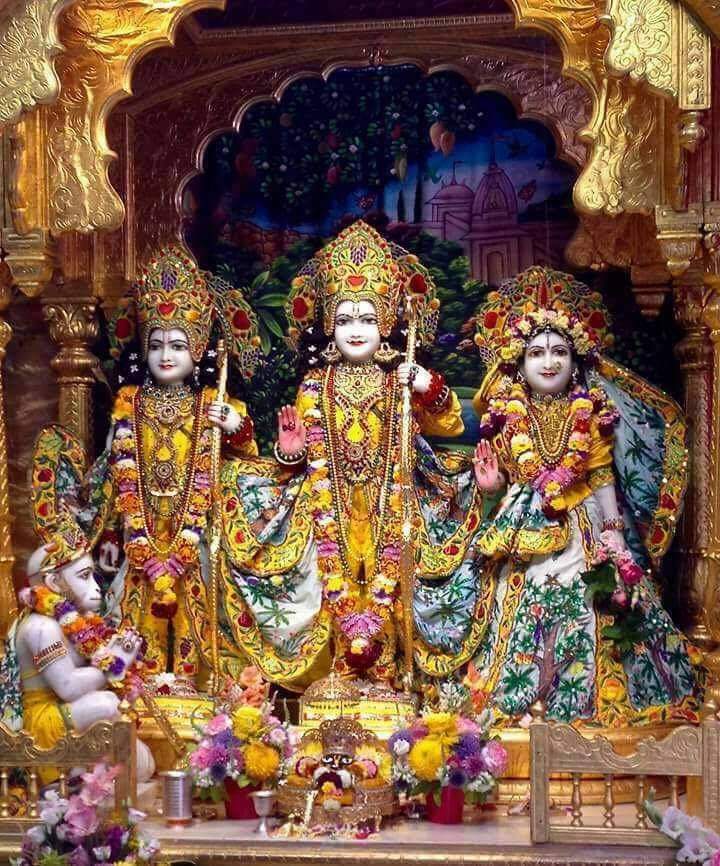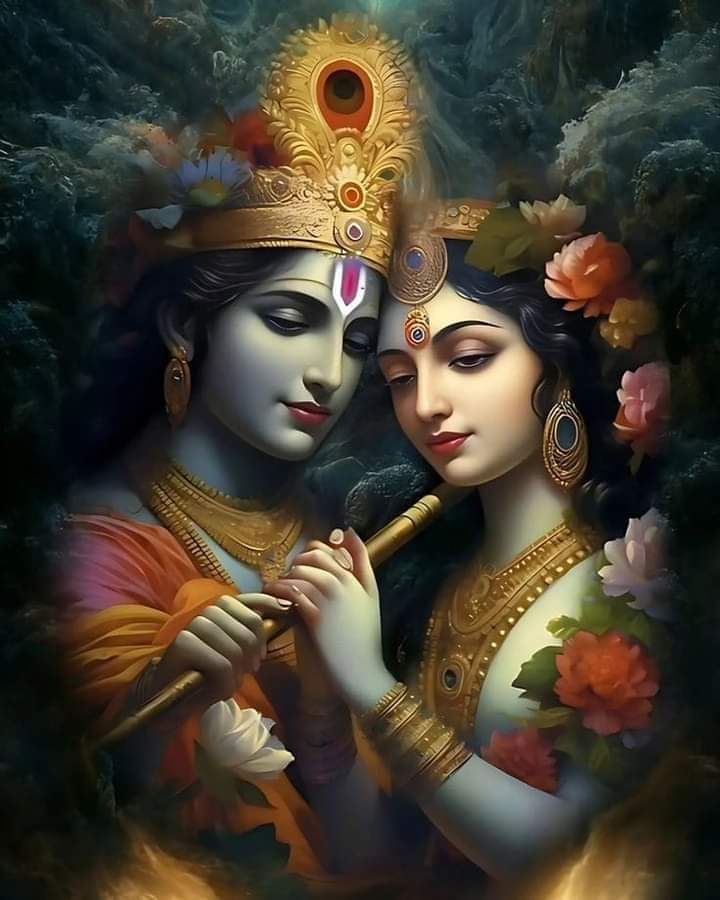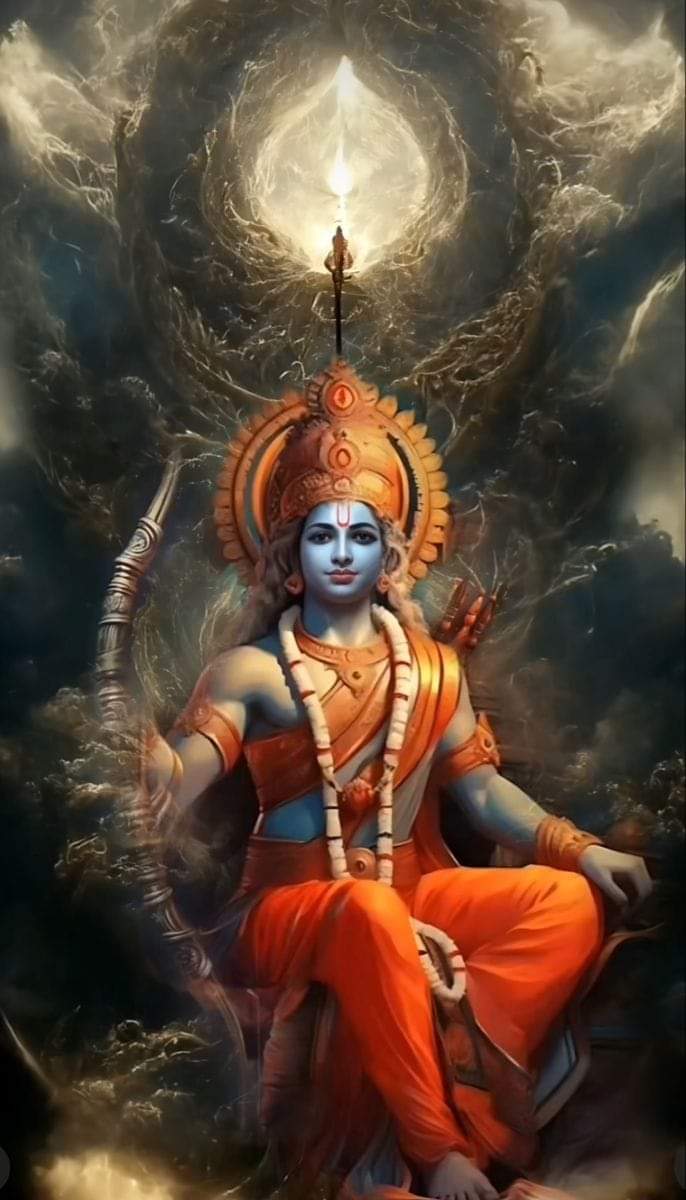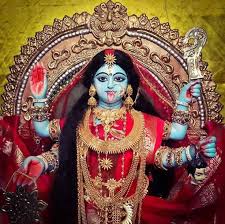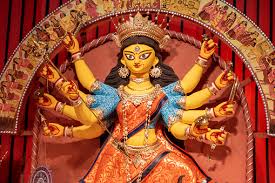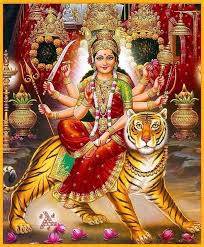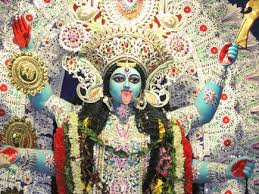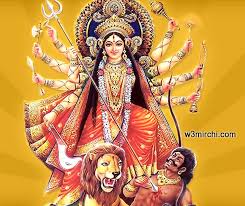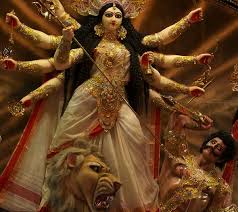2- यह सच या वह सच
राजा जनक अपने महलमें पलंगपर सोये थे । उनको एक सपना दीख पड़ा कि मानो वे स्वयं भिखारी हैं और फटे-पुराने कपड़े पहने हुए हैं। भोजनके लिये भीख माँगते फिर रहे हैं, पर तीन दिनसे कुछ भी खानेके लिये नहीं मिला है। चौथे दिन एक अन्न-सत्रमें पकायी हुई खिचड़ी बँट रही थी और उसे लेनेके लिये भिखारियोंकी टोली चली जा रही थी। वे स्वयं भी उसके साथ हो लिये। वे मिट्टीके एक खपरेमें खिचड़ी लेते हैं और सोचने लगते हैं-‘अहा! खानेके लिये तो मिला, अब एक जगह एकान्तमें बैठकर खाऊँगा।’ इस प्रकार विचार करते जा ही रहे थे कि पीछेसे एक गायने सींग मारा और वे जमीनपर गिर पड़े और वह मिट्टीका खपरा हाथसे छूटकर टूट गया तथा खिचड़ी जमीनपर बिखर गयी।
गिरनेकी चोटसे सहसा नींद टूट गयी। जागनेपर देखते हैं कि वे स्वयं अपने महलमें पलंगपर सोये हुए हैं। वे भिखारी नहीं हैं, भूखे भी नहीं हैं और न वह मिट्टीका खपरा और न खिचड़ी ही कहीं दीख रही है। इस स्वप्नका प्रभाव उनके मनपर इतना गहरा पड़ता है कि वे अपने-आपसे स्वयं पूछने लगते हैं कि ‘यह सच है या वह ?’ अपने-आप कोई समाधान नहीं होता; तब वे, जो ही आता है, उसीसे पूछते हैं कि ‘यह सच है या वह सच है ?’ इस प्रश्नका कोई क्या उत्तर देता!
एक दिन अष्टावक्रजी वहाँ आ पहुँचे। राजाने
उनसे भी यही प्रश्न पूछा। मुनिने उत्तर दिया- ‘या तोदोनोंको सच्चा मानो या दोनोंको मिथ्या मानो।’
राजाने कहा- ‘भगवन्! दोनोंको सच्चा कैसे मानें! और मिथ्या भी कैसे समझें। एकको सच्चा कहें तो दूसरेको मिथ्या कहना ही पड़ेगा।’ अष्टावक्रजी बोले- ‘राजन्! देखो, इस जाग्रत्-प्रपंचमें ब्रह्म ही जगत्रूपमें अविद्याके योगसे प्रतीत होता है; इसलिये अधिष्ठान- दृष्टिसे जगत्को सच्चा कह सकते हैं। इसी प्रकार स्वप्न में भी स्वप्नद्रष्टा अपने-आपको स्वप्न प्रपंचके रूपमें देखता है, इसलिये अधिष्ठान-दृष्टिसे स्वप्न-प्रपंचको भी सत्य कह सकते हैं। इसी प्रकार नामरूप- दृष्टिसे जाग्रत् और स्वप्न दोनों ही मिथ्या हैं।’
इस उत्तरसे राजाके मनका समाधान हो गया और उन्होंने बड़े ही आदर-सत्कारसे मुनिको अपने यहाँ रखा।
2- This truth or that truth
King Janak was sleeping on the bed in his palace. He had a dream that as if he himself was a beggar and was wearing tattered clothes. Have been begging for food, but haven’t got anything to eat since three days. On the fourth day, cooked khichdi was being distributed in a food session and a group of beggars were going to collect it. They themselves also joined him. They take khichdi in an earthen pot and start thinking – ‘Aha! I got it to eat, now I will sit in solitude and eat it.’ While thinking in this way, a cow horn hit him from behind and he fell on the ground and the clay tile left his hand and broke and the khichdi was scattered on the ground.
Due to the injury of falling, sleep was suddenly broken. Waking up, we see that he himself is sleeping on the bed in his palace. They are not beggars, they are not hungry, and neither that clay tile nor khichdi is visible anywhere. The effect of this dream is so deep in their mind that they start asking themselves, ‘Is this true or that?’ There is no solution by itself; Then they ask whoever comes, ‘Is this true or is that true?’ How would anyone answer this question!
One day Ashtavakraji reached there. kings
He was also asked the same question. The sage replied – ‘Either consider both to be true or consider both to be false.’
The king said – ‘ God! How can you consider both to be true? And how to understand false also. If one is called true, then the other will have to be called false. Ashtavakraji said – ‘ Rajan! Look, in this waking world, Brahman itself appears in the form of the world by the combination of ignorance; That’s why the world can be called true from the point of view of establishment. Similarly, even in dreams, the dreamer sees himself in the form of a dream world, therefore, from the point of view of adhisthana, the dream world can also be called true. Similarly, from the point of view of name and form, both waking and dreaming are false.’
The king’s mind was satisfied with this answer and he kept the sage in his place with great respect.


